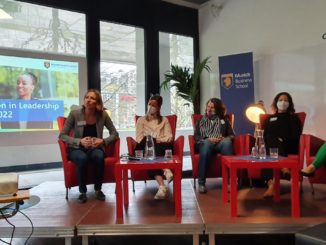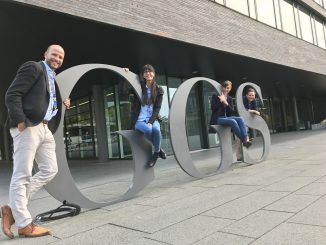When asked about key developments in community management, the panelists painted a complex picture. Vanessa Paech from Australian Community Managers argued that the field is concerned with nothing short of “the health of the Internet”. This was a reference to issues such as debate culture and hate speech, which have become hot topics of discussion as prominent problems in online culture. Paech said that partially automated moderation – including with the help of artificial intelligence – would become increasingly important in future. In addition, the experts commented on the specialization of community activities, such as the use of internal communities. Another key issue, however, is training new skills and establishing a new mindset for network-based work among employees. In short, practitioners and researchers of this discipline have a lot of work to do.
Incidentally, community managers are not necessarily the best community members. Given their background and expertise, you might well expect them to be. Kirsten Wagenaar, however, responded to this notion with a definite “no”. She told the panel: “[The idea that] community managers are more active online than others is an illusion.” Indeed, the other experts agreed. Communities of community professionals function just as well as other communities – but they still need good communication, lots of meetings and moderation.
“The panel was a wonderful opportunity to exchange opinions with these fascinating people and better understand the approaches taken by various community organizations,” summarized MBS’ Prof. Dr. David Wagner, who also heads up the German Association for Community Management (BVCM) research committee.
The conference article below contains detailed profiles of the expert panelists and a selection of their publications on the topic. The proceedings from the entire GeNeMe conference will be made available shortly via this link



